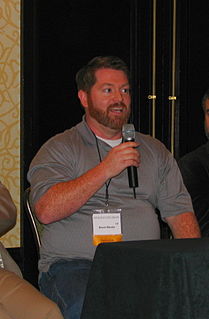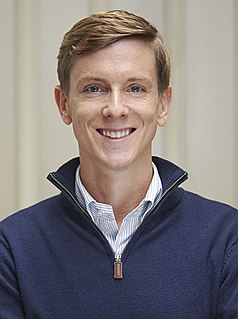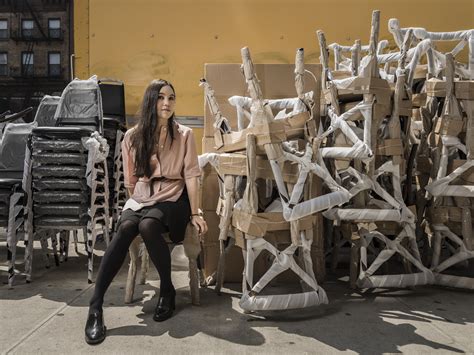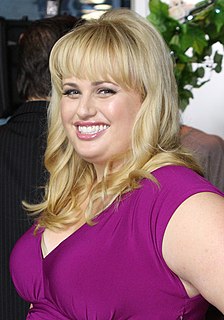A Quote by Brent Weeks
Sometimes after a compliment about my characterization skills, I'm asked if I model my characters on real people. Emphatically, no. And sort of, yes.
Quote Topics
Related Quotes
I really want to move away from the old model in which you have to rely on people giving $10 after a humanitarian crisis to a newer model where people give money but also their time and their skills, whatever they have, to the causes that are personally meaningful to them well before the crisis moment presents itself.
Someone asked me whether I was aware of all the people out there who were praying for the President. And I had to say, "Yes, I am. I've felt it. I believe in intercessory prayer." But I couldn't help but say to that questioner after he'd asked the question that - or at least say to them that if sometimes when he was praying he got a busy signal, it was just me in there ahead of him.
Some of my books sort of have a provocative take. Sometimes you find interesting things about characters that show they weren't necessarily the way people usually see them. It can make for lively conversations, but that's great. Spark a little controversy, get people to think about it. That's what it's all about.
I would say plotting is the most difficult thing for me. Characterization is only hard because sometimes I feel I get so interested in it that I want to talk too much about the characters and that slows the story down. So I say, "Hey, people want to find out what's going to happen next, they don't want to listen to you spout off about this or that person." But I think even the bad guy deserves to tell his side of the story.
We talk about characters in literature as though they were built on the model of the real person, but then I often think that the way we present ourselves as real people is based heavily on the way literary psychologies are stylized, and I wonder how the two forms of realistic personhood feed on or fulfill each other.


































